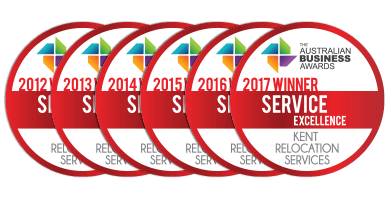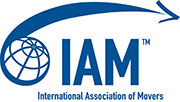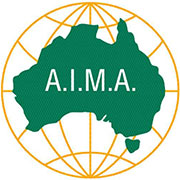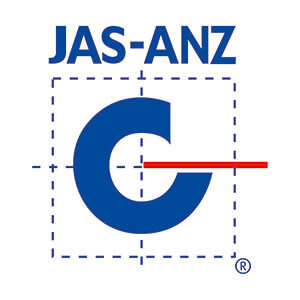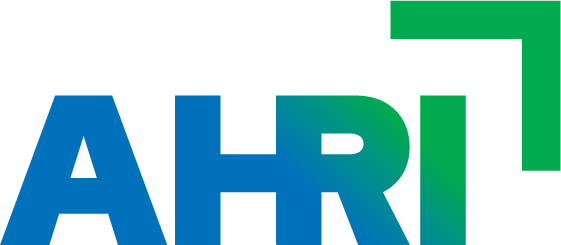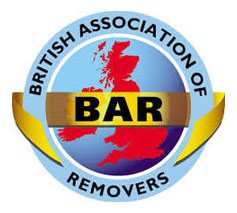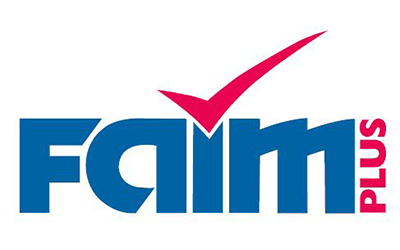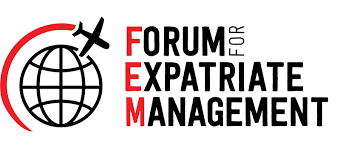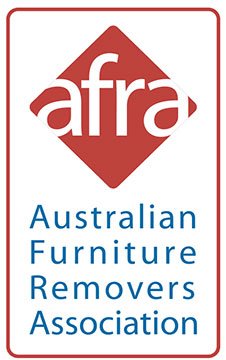457 Visa News – Australian 457 Visa Changes As Of 1 July 2017
26th July, 2017

On 18 April 2017, the Australian Government announced several reforms to both the temporary and permanent via programs, effectively abolishing the existing Australian 457 visa program.
The second phase of these reforms came into effect as of 1 July 2017.
The changes that have been implemented are outlined in detail below.
Review of Eligible Skilled Occupation Lists
The two occupation lists which apply to the 457 visa program—the Short Term Skilled Occupation List (STSOL) and the Medium to Long Term Strategic Skills List (MLTSSL)—both underwent review.
The oil and gas, science and research sectors and had several occupations reinstated under the 457 visa program, including: petroleum, materials, industrial, and chemical engineers; hydrogeologists; geophysicists; biochemists; microbiologists; life scientists; mellallurgists; and research and development managers.
The ICT sector also benefitted with the reinstatement of web developers and ICT support technicians and engineers. In addition, a number of ICT occupations were moved from the two year STSOL to the four year MLTSSL, including Chief Information Officers, Software and Applications Programmers and ICT Security Specialists.
Other occupations that were moved from the STSOL to the MLTSSL included: chief executives or managing directors; faculty heads and university lecturers; mining engineers; statisticians; economists; chemists; environmental managers, consultants and scientists; botanists; marine biologists; zoologists; conservators; and meteorologists.
The movement of these occupations to the MLTSSL ensures that they are now eligible for a 4 year 457 visa with the potential for nomination under the ENS under the new March 2018 framework.
Many occupations were removed from the 457 visa program altogether, including: equipment hire managers; fleet managers; picture framers; property managers; psychotherapists; real estate agents; ship’s engineers, masters and officers; and university tutors.
A summary of these changes is available via the Department of Immigration and Border Protection.
Mandatory Police Checks
All people applying for a 457 visa from 1 July must include mandatory police checks from each country in which the applicant has lived for longer than 12 months (if the applicant intends to stay in Australia for longer than 12 months). In addition, if the applicant has served in the military, they must provide copies of their military records and discharge papers.
English Language Exemptions
Previously, 457 visa applicants receiving a salary of $96,400 and over were exempt from the English language testing requirements. As of 1 July, this exemption has been abolished. English language tests must now be sat by all visa applicants unless:
- The applicant is already employed overseas by an entity associated with their sponsor and their base salary is $96,400 and over
- Any of the existing English language exemptions apply. For instance, citizens of the United Kingdom, the United States of America, Canada, New Zealand and Ireland are not required to sit and English language test.
Training Benchmarks
As of March 2018, sponsors will no longer be required to meet the existing training benchmarks. Instead, these will be replaced by a mandatory contribution to the new Skilling Australians Fund (SAF).
To improve the integrity of the current requirements between now and March 2018, there are more restrictions on the types of training that qualify under ENS nominations and 457 visa sponsorships. In addition, payroll expenditure on these training benchmarks will now be taken into consideration.
Mandatory Skills Assessment
Formal skills assessments are now required for a greater number of occupations (such as cook and chef) from a greater number of countries (such as Bangladesh, Nepal and Pakistan).
Expanded Sponsorship Accreditation
Accreditation gave priority processing rights to certain 457 sponsors. Previously, accreditation was only made available to higher volume sponsors that had lodged a minimum of ten 457 visas in two years. As of 1 July, any sponsor can secure accreditation, provided that 90% of their employees are Australian and they have a turnover of at least $4 million.
For further information, see the Australian Government’s summary of 1 July Changes to Skilled Visa Programs. For background information, including a Timeline for Changes to the 457 Visa Program, please read our earlier post, Australia Abolishes 457 Visa Program.
